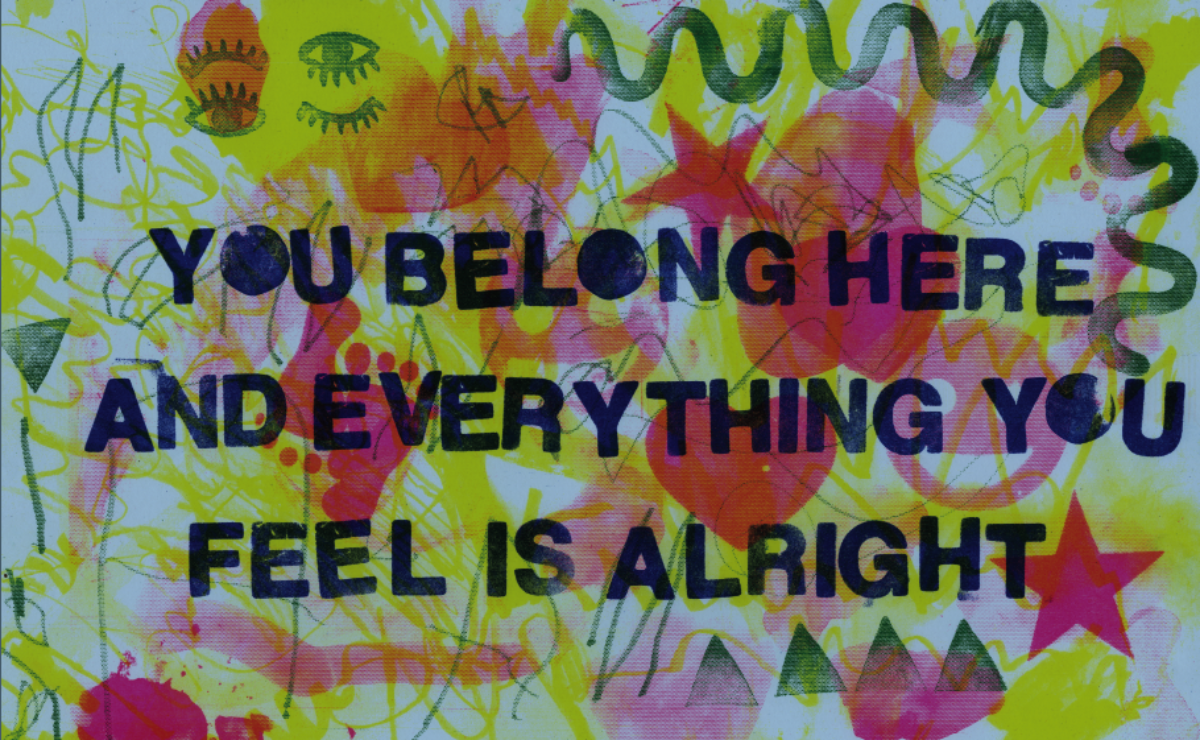Contents
Overview
Welcome to Week 3 of Introduction to Gender and Women’s Studies!
We are a little behind schedule– which is very normal for the start of a semester! Next week, in class, we will first discuss the ways that gender is structured through oppression, the role of patriarchy, gender norms, and gender socialization. If you have not completed last week’s readings, please do so!
The new readings in Module #3 will take us back to the United States in the 1800s. We will explore issues that were central to women’s movements in the 1800s: the abolition of slavery, women’s suffrage + the relationship between the two.
READINGS AND OTHER MATERIALS
*Note about the readings: all of the texts below are primary sources. This means that they are the original writing or speech made by the author (and not a description or summary by another source (a secondary source)). Some of the readings might seem difficult because the language is from a different time. Do your best + bring questions/confusions to class or write about them in your post.
- Grimke, “An Appeal to the Christian Women of the South” (1836). Grimke was an abolitionist, as in, she fought for the abolition of slavery. She was a white Southern woman who wrote this letter to other white Southern women, hoping to persuade them to oppose slavery.
As you read, consider: How does Grimke make her argument? What does she say or do to persuade her audience?
- Seneca Falls Convention, “Declaration of Sentiments” (1848). This declaration was read by Elizabeth Cady Stanton in Seneca Falls, NY at the first women’s rights convention in the U.S.
As you read, consider: What does this Declaration say about women? Where and how does this Declaration understand injustice? Why is it called a “Declaration of Sentiments?”
- Anthony, “Is it a crime to vote?” (1873). This speech was made by Susan B. Anthony, one of the leaders of the women’s suffrage movement, or the movement to win the right to vote for women. Anthony was indicted for voting in an election and violating state laws that only allowed men to vote. On the final day of the trial, the judge asked if she wanted to speak + this speech was her response.
As you read, consider: How does Anthony make her argument that she has not committed a crime? What does Anthony think is the role of the government, and women’s relationship to the government?
- Sojourner Truth, “1851 Speech” (1851). Sojourner Truth was an enslaved person who became free in 1827. She gave a speech at the Women’s Rights Convention in Akron, Ohio in 1851, but it was not published until 1863. Many people know about her famous line, “ain’t I a woman?” but as you can see from this discussion of the speech here, her actual original words are different than what was published.
As you read, consider: What are the main themes of her speech? What does Truth express about her position in society? As you read the speeches side by side, what do you see as the differences between then? What do we learn from this comparison?
- Ida B. Wells, “A Red Record”(1895). Ida B. Wells was a researcher and educator who was born into slavery and freed through the Emancipation Proclamation. This text is documentation of lynchings that occurred in the South after the Emancipation Proclamation was passed.
As you read, consider: What does Wells say about the conditions that Black people are facing in the South? When and how does she discuss the role of women?
POST ON DISCUSSION BOARD #3 (DUE 2/22)
Instructions/How to post here
For this week’s discussion board post, please respond to one of the following prompts:
- What do you see as the relationship between women’s movements and abolitionist movements?
- Discuss the two versions of the speech by Sojourner Truth. What do we see when we compare the two versions? What can this show us about the context of that time?
- Pick a quote or two from one of the texts that spoke to you or that confused you. Describe and explain the quote(s) as best as you can and/or identify your questions about them.
Please title your post: First Name Last Name: DB 3 and select “DB 3” as the category for your post.
ESSAY #1
In class today, I said that I would put the prompt up for Essay #1. Since we are behind on the syllabus, I have pushed this back one week. The prompt will be given to you next week and the suggested due date will be Tuesday, March 2. You can always find the updated course schedule here
See you Tuesday!

